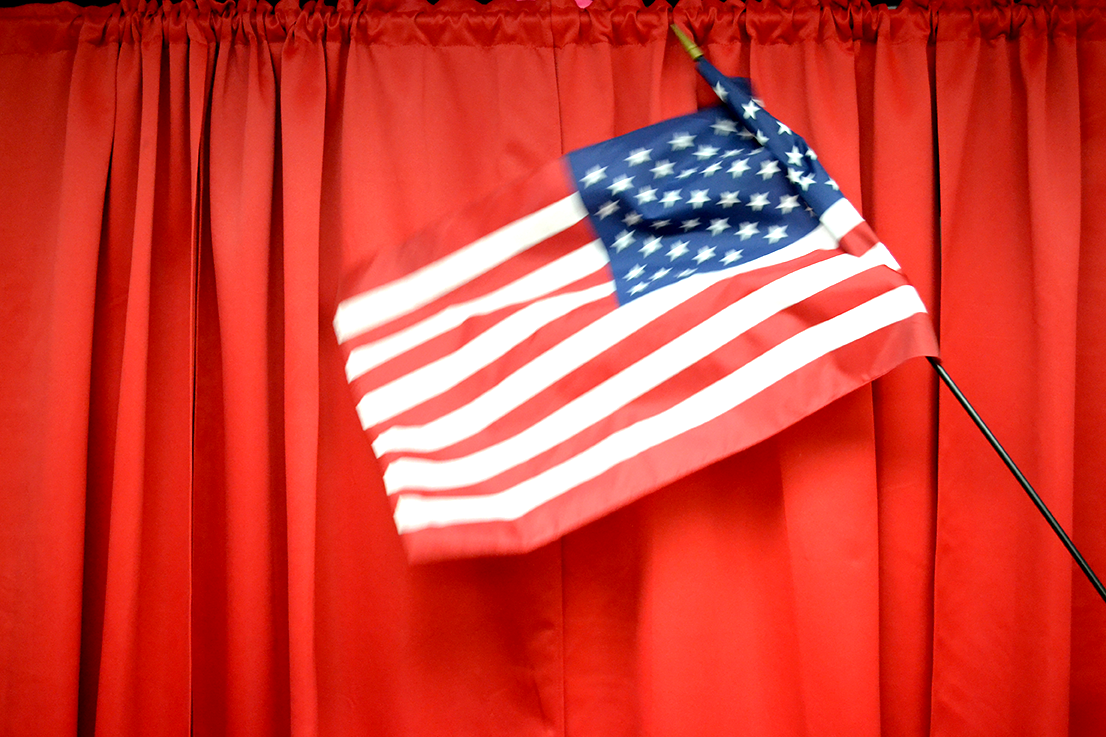The United States has always placed very high value on patriotism. Often reiterated in speeches, plastered on bumper stickers and evident in the billions spent on Fourth of July celebrations, it has come to represent pride and allegiance to one’s country. But as political tensions rise, so does the question of: Can patriotism coexist with criticism? Or, to put it another way, can you truly love your country while pointing out its flaws.
For some, patriotism is synonymous with unwavering loyalty to America. They argue that criticizing your country is a sign of disloyalty— that it gives ammunition to enemies and disrespects those who sacrificed for the nation. For these individuals, pointing out flaws, feels like betrayal. In their eyes, to call attention to flaws is to undermine unity, and dishonor tradition.
This is not an entirely new sentiment; After 9/11, for example, questioning government decisions or foreign policy was seen by many as unpatriotic and even suspicious. Even peaceful protests sparked public outrage within the country. In moments of national tension, dissent is easily mistaken for disloyalty. But this view of patriotism, while emotionally compelling, is also dangerously limiting.
Criticism does not have to mean contempt. If you love your country, you should want it to improve. Growth, by nature, requires reflection and sometimes even regret. Nothing is ever perfect—not people, not systems, not governments. And pretending otherwise has the potential to weaken a nation.
This same idea echoes in everyday life. If a friend is making poor choices, you don’t ignore it out of loyalty–you confront them because you care. Love requires honesty. The same is true for nations. Holding your country to a high standard is not an act of betrayal; it is an act of responsibility. Criticism, when done thoughtfully, can be a form of service.
This ideal is supported throughout history with numerous political figures. Many of America’s most celebrated were, in their time, deeply critical of the country they called home. Frederick Douglass, who escaped slavery and became a leading voice for abolition, famously criticized the hypocrisy of a nation that celebrated liberty while maintaining bondage. Martin Luther King Jr. described his dream for America not as something revolutionary, but as something realistically possible–so long as injustice was confronted. These men were patriotic and without them the United States wouldn’t be the country it is today because their critique was not rooted in hatred, rather hope for a better future.
Still, criticism must be handled with care. Not all critiques are helpful, and not all are fair. Constructive criticism comes from a place of knowledge and investment. It is rooted in the desire to build, not to tear down. There is a difference between condemning your country and challenging it. The former is often reactionary, grounded in criticism; the latter is reflective. The goal is not to reject America, but to encourage it to live up to its ideals.
In our current society, where public discourse is often polarized and conversations quickly become confrontations, it is more important than ever to reclaim this nuanced view of patriotism. It is entirely possible to love a country and simultaneously want it to improve. In fact, that may be the most authentic form of patriotism there is.
As hardship teaches resilience, criticism sparks growth. A nation is not harmed by honest reflection— but it can be harmed by the refusal to reflect at all. The uncomfortable truth is this: loving your country, or anything as a matter of fact, doesn’t mean believing it’s flawless. It means believing it’s worth the effort to try and make it better. You can wave the flag and still call for justice. You can honor the past and still want change for the future. You can be proud of your country and still push it to be better.
Patriotism that allows for criticism is not weak. It is brave because it demands the strength to hold two truths at once; that we have come far, and that we still have far to go.





